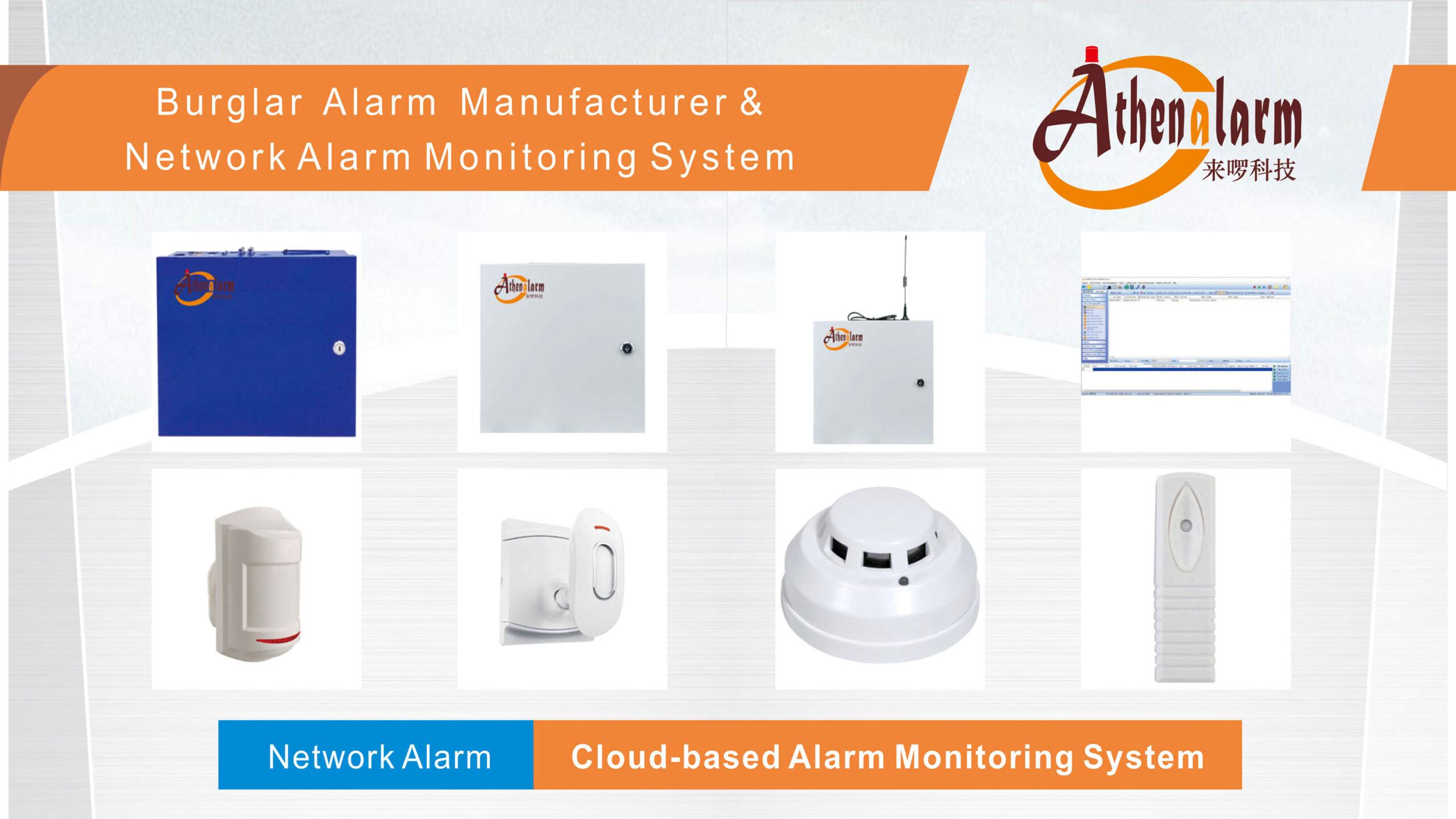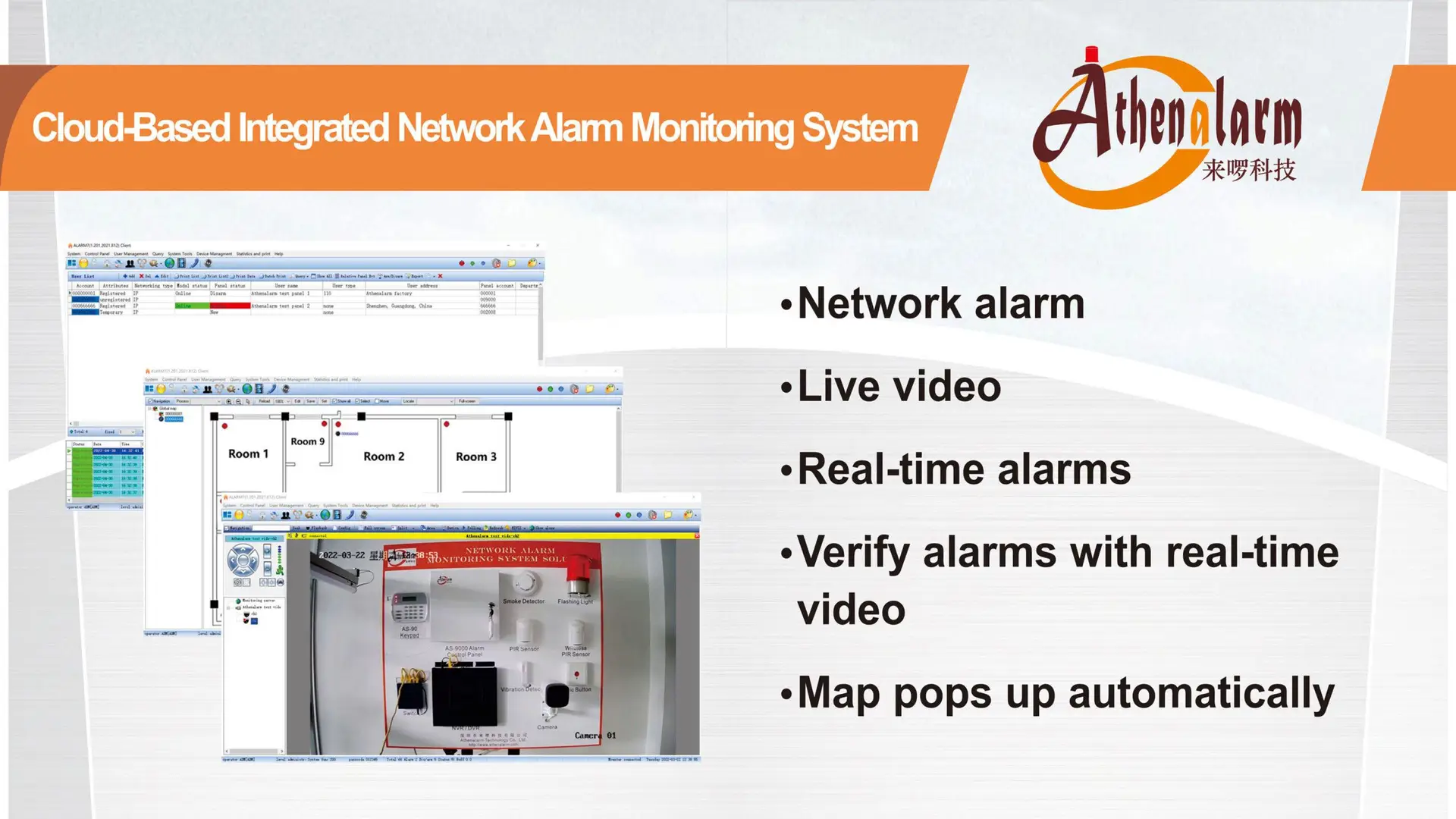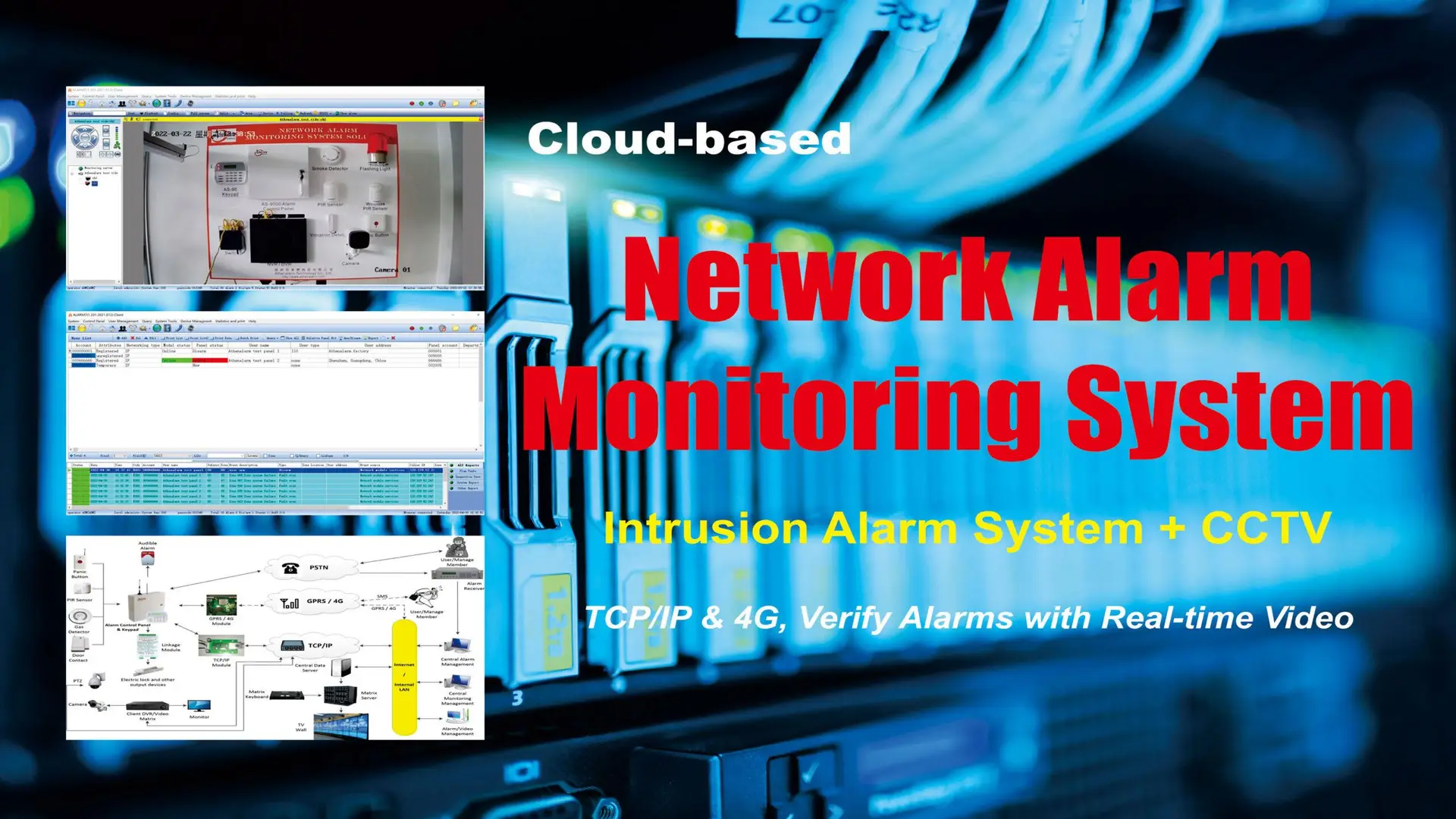



How to Choose a GSM-Based Security Alarm System Provider
In an era where security threats continue to evolve, businesses need advanced and reliable alarm systems to safeguard their assets, facilities, and personnel. Among the various security solutions available, GSM-based security alarm systems have gained significant traction due to their wireless connectivity, remote monitoring capabilities, and resilience against power failures and network disruptions.
For security integrators, distributors, and business buyers, choosing the right GSM-based security alarm system provider is crucial to ensuring system reliability, seamless integration, and long-term operational efficiency. This guide provides an in-depth look at GSM alarm systems, essential selection criteria for choosing a provider, and best practices for implementing these systems in commercial settings.
1. Understanding GSM-Based Security Alarm Systems
(1) What is a GSM-Based Security Alarm System?
A GSM-based security alarm system is a wireless security solution that transmits alarm signals, alerts, and notifications using the Global System for Mobile Communications (GSM) network. Unlike traditional wired alarm systems that rely on landlines, GSM alarm systems use cellular networks, making them more versatile, scalable, and resilient against disruptions such as cable tampering or power failures.
(2) Core Components of a GSM-Based Security Alarm System
A standard GSM-based security alarm system includes:
- GSM Alarm Control Panel – The central hub that processes alarm triggers, connects with sensors, and transmits alerts via mobile networks.
- Intrusion Sensors – Motion detectors, door/window contacts, glass break sensors, and vibration sensors that detect unauthorized entry.
- Fire & Environmental Sensors – Smoke detectors, gas leak sensors, and temperature sensors for fire safety and environmental monitoring.
- Wireless Communication Module – A SIM-enabled module that enables SMS alerts, call notifications, and data transmission via GPRS/4G LTE/5G.
- Backup Battery – Ensures continuous operation during power outages.
- Cloud-Based Monitoring & Mobile App – Allows users to monitor and control the system remotely.
- AI-Powered False Alarm Filtering – Advanced systems integrate AI algorithms to minimize false alarms by distinguishing between actual threats and non-threatening movements.
(3) Why Businesses Prefer GSM-Based Security Solutions
- No Landline Dependency – Operates independently of traditional phone lines, eliminating vulnerabilities related to cable cutting.
- Remote Access & Control – Enables real-time monitoring and control from anywhere via mobile apps.
- Reliable Alarm Transmission – Uses cellular networks to ensure uninterrupted alarm signaling.
- Scalability – Easily integrates with additional sensors, security cameras, access control, and cloud platforms.
- IoT & Smart Automation Compatibility – Modern systems support home automation and business security integrations for enhanced protection.
- Multi-Network Support – Some systems offer dual SIM or multi-network options for redundancy and failover security.
- Encrypted Communication – Ensures secure data transmission using AES encryption and VPN tunnels to prevent cyber threats.
2. Key Factors in Choosing a GSM-Based Security Alarm System Provider
Selecting the right GSM-based security alarm system provider is essential for businesses that prioritize security, reliability, and scalability. Here are the key factors to consider:
(1) Industry Experience & Technological Expertise
Look for providers with extensive experience in security system manufacturing and GSM alarm technology development. A reputable provider should:
- Have a proven track record in large-scale B2B security implementations.
- Offer GSM, IoT, and AI-powered security solutions for enhanced protection.
- Demonstrate expertise in GSM network connectivity, encryption, and cybersecurity.
(2) Compliance with Industry Standards
Ensure that the provider’s products meet global security standards, including:
- EN 50131 – European Intruder Alarm Standard
- FCC Certification – Federal Communications Commission approval
- CE Marking – Conformité Européenne certification for product safety
- ISO 9001 – Quality management system certification
(3) Scalability & Customization Options
A top-tier provider should offer:
- Modular alarm system options with integrations for CCTV, access control, and fire detection.
- Custom software solutions for cloud-based monitoring, AI-based alerts, and mobile app notifications.
- Enterprise-level multi-site deployment support for large businesses.
(4) Network Reliability & Data Security
Since GSM-based alarm systems depend on cellular networks, ensure that your provider offers:
- Multi-network SIM support to reduce dependency on a single carrier.
- Redundant communication options, including Wi-Fi, 4G LTE, and cloud-based alerts.
- Encrypted data transmission via TLS/SSL encryption to prevent hacking attempts.
(5) Technical Support & After-Sales Service
A reliable GSM alarm system provider should offer:
- 24/7 technical support for troubleshooting and maintenance.
- Regular firmware updates to enhance security and prevent vulnerabilities.
- On-site training and remote support for system integrators and installers.
(6) Cost, Warranty & ROI Considerations
- Evaluate the total cost of ownership (TCO), including hardware, software, maintenance, and technical support.
- Look for providers offering bulk procurement discounts for B2B buyers.
- Ensure the alarm system includes a 1–3 year warranty for reliability and long-term performance.
3. Best Practices for Implementing a GSM-Based Security Alarm System
(1) Conduct a Site Assessment & Risk Analysis
- Identify high-risk entry points such as doors, emergency exits, and storage areas.
- Assess GSM network coverage to ensure stable connectivity at all key locations.
(2) Configuring the Alarm System for Optimal Performance
- Select the appropriate intrusion, fire, and environmental sensors based on the risk assessment.
- Define alarm zones and priority settings to ensure efficient monitoring.
- Implement remote management capabilities for security personnel.
(3) Professional Installation & Testing
- Hire certified security professionals for system installation.
- Conduct network signal strength tests to ensure uninterrupted connectivity.
- Perform alarm activation drills to validate the system’s responsiveness.
(4) Regular Maintenance & System Updates
- Schedule routine inspections and testing to ensure all components function properly.
- Regularly update firmware and security patches to protect against cyber threats.
- Train security staff and end-users on best practices for system management.
4. Conclusion: Selecting the Right GSM-Based Alarm System Provider
Choosing the right GSM-based security alarm system provider is an essential step toward implementing a secure, scalable, and IoT-ready security solution for businesses. By considering network reliability, compliance, scalability, and after-sales support, businesses can ensure a future-proof investment in their security infrastructure.
🔹 Looking for a trusted GSM-based security alarm system provider? Contact us today to explore customizable security solutions and get expert guidance on implementing a reliable GSM-based alarm system for your business!
